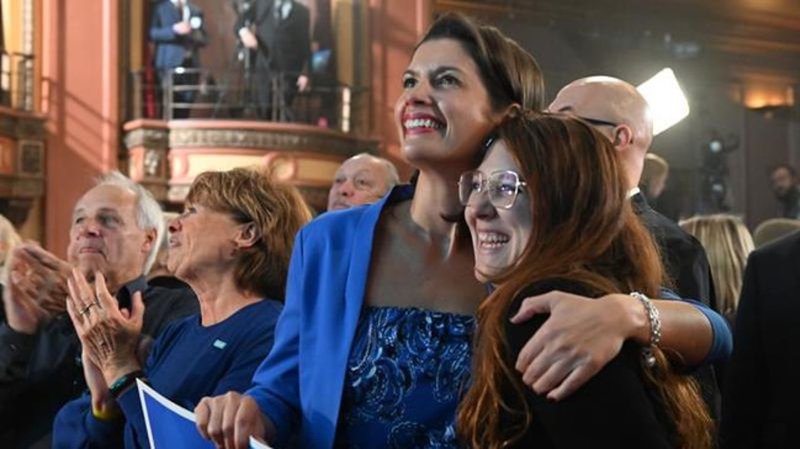
Quebec elects record number of women, but will they be named to key cabinet roles?
MONTREAL — Quebecers made history Monday when they elected a record number of women to the province’s legislature, but political observers say more is needed to ensure equality between men and women in politics.
Of the legislature’s 125 seats, 58 are represented by women, including 41 of the 90 seats won by the Coalition Avenir Québec led by Premier François Legault. That number broke the previous record of 52 women elected during the 2018 general election.
Esther Lapointe, executive director of Groupe Femmes, Politique et Démocratie, a Quebec organization that advocates for more women in politics, said the increase is good news. But for real equality to be achieved, she said, women need to be represented in the places where decisions are made, including the premier’s cabinet and among his political advisers.
“I believe that things will really change when not only in the forefront, but in the background, behind the scenes we also have more female political advisers, with their ideas, their experience, their expertise,” she said. “We don’t want to replace the guys, we want to share the decisions, discussions; we want to be at the table where the decisions are made.”


